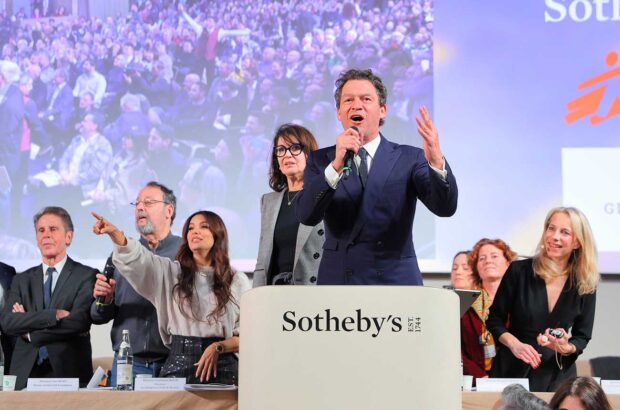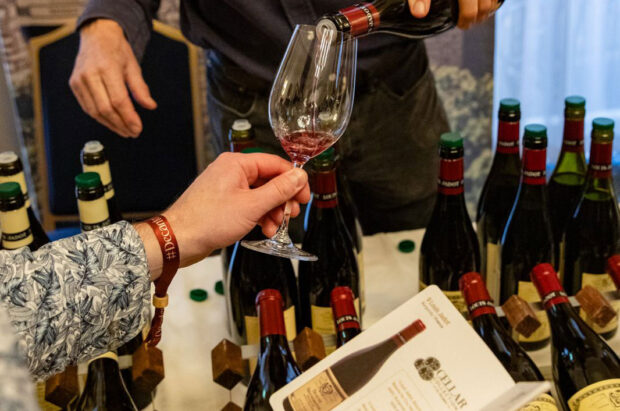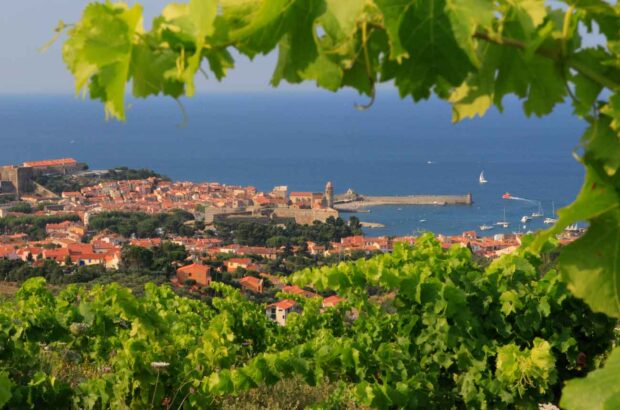Premium German producer Schloss Vollrads is moving half its wines to a radical new glass stopper.
The Vino-Lok closure is a glass bung surrounded by a plastic membrane and held in place with an aluminium cap. It is 100% neutral, resealable, recyclable, and aesthetic, according to the official blurb on the website of the manufacturer Alcoa, a major German company specialising in aluminium products.
Schloss Vollrads winemaker Rowald Hepp is confident they have found the right closure, he told decanter.com. The company intends to put at least 50% of its 2004 production under the new stopper.
‘Glass is a good material for wine – so why not use it in 100% of the bottle? There is no leakage, and no oxidation. We haven’t done long-term experiments but the initial research results are good.’
The stoppers cost slightly more than the best natural corks, but Alcoa naturally predicts the price will go down as production goes up. Several German and Alsace producers – including J B Becker and eminent Rheingau producer Weingut Robert Weil – are interested.
In the UK, giant supermarket chain Tesco looked at Vino-Lok last year, but decided it wasn’t for them, not least because the company is very publicly committed to screwcap and has spent millions persuading its suppliers to switch from cork.
But there were other concerns, technical managar Andrew Gale said.
‘Our main worry was that it was glass-to-glass. Does it form a proper seal, and does it get glass into the bottle?’
Gale said due diligence – the supermarket’s duty of care to its customers – required they be absolutely certain a product was safe before using it.
Dr Hepp said Alcoa was aware of the issue of glass precipitation into the bottle, and could guarantee this would not happen.
According to Alcoa the product has been tested by the Geisenheim Institute for Applied Enological Sciences and the Oppenheim/Rheinhessen State Teaching and Testing Institute, and is supported by the Rhineland-Palatinate state government.
picture courtesy Vino-Lok
Written by Adam Lechmere







